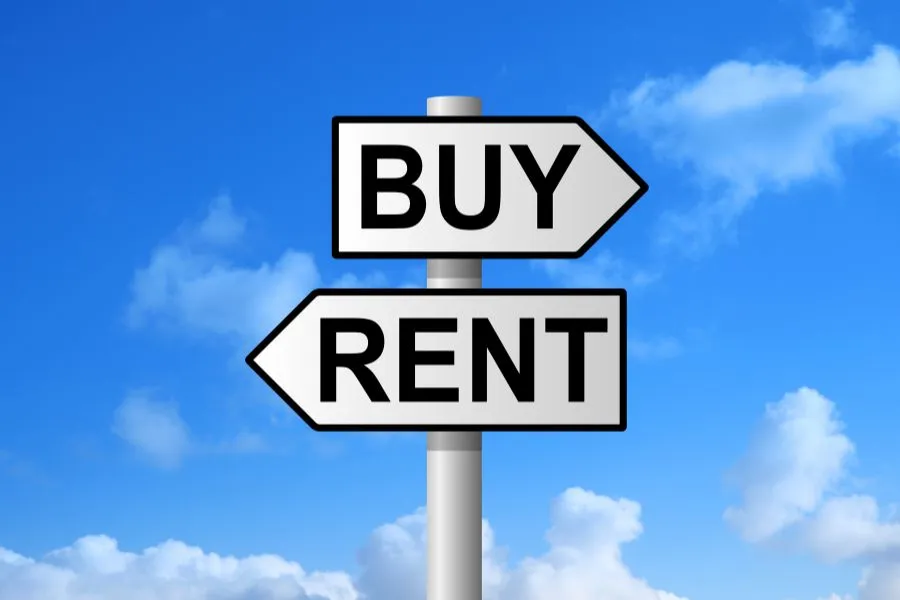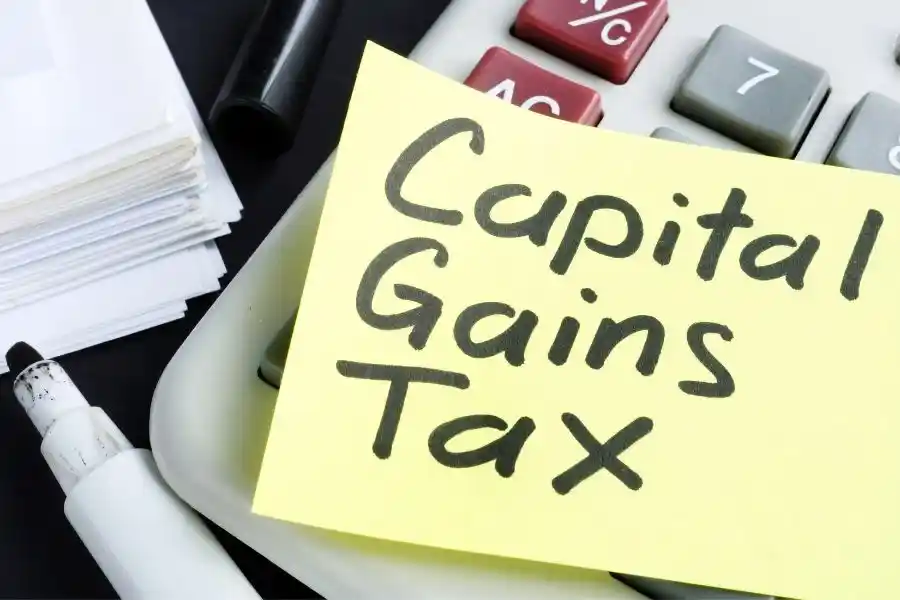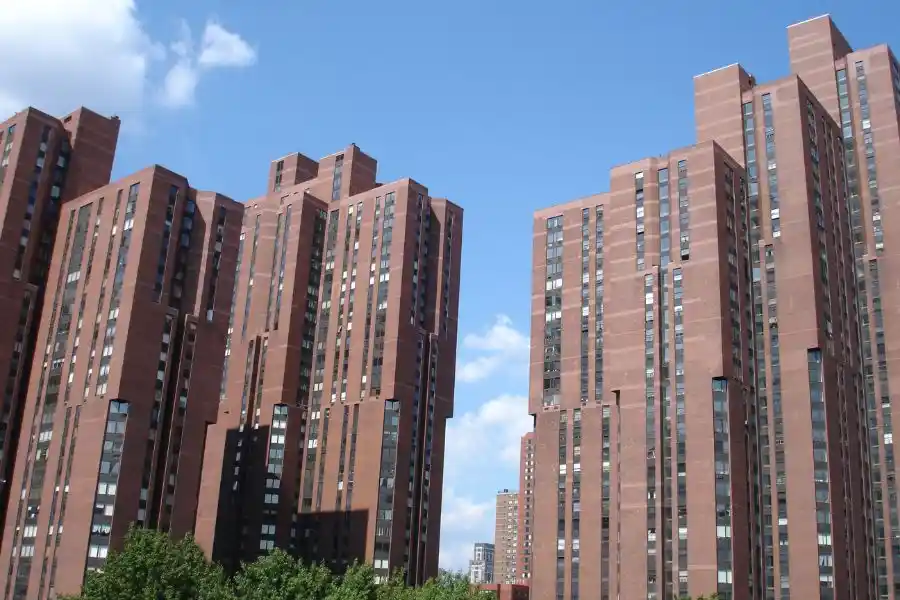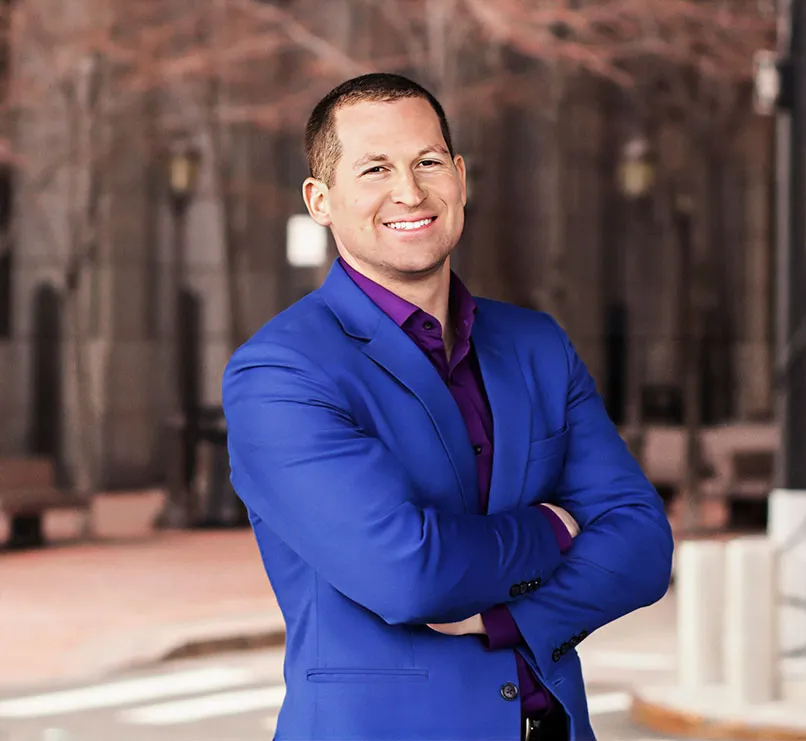Is renting better financially than buying? The answer to this question is a bit complicated for New York City, but we can make it relatively simpler by focusing on just one dimension – finances.
Renting vs. Buying: What’s The Smarter Financial Move?
There is a case to be made for both renting and buying. Renting is more financially flexible. If your current rent gets too expensive, you can move to a cheaper apartment once your lease ends. This is something you might not be able to do with your mortgage.
It can also be evaluated in the context of Debt-to-Income and Rent-to-Income ratios. Let’s say your rent makes up 30% of your monthly income, which is a reasonable level and your income suddenly increases, enough to push the ratio down to 20%. You can now upsize and look for a better and bigger apartment or you have more cash to spare and save.
In contrast, buying offers more stability and predictability. If you have a fixed-rate mortgage, your monthly mortgage amount is fixed. It can be painful to handle (financially) if your income decreases, but it is a blessing if it increases.
Rents tend to increase every year while if you are buying with a fixed mortgage rate, the monthly mortgage remains the same. This gives you more financial predictability.
Lastly, you are not building anything with your rent. Suppose you pay $1,500 a month on rent, which only gives you the privilege of living in a home. You get the same privilege if you are paying a $1,500 a month mortgage but it’s also helping you build an asset that also appreciates in value over time (in most cases). This is the most significant argument in the favor of buying.
Renting might not be objectively better than buying, but the answer is largely tied to your financial condition, goals, and lifestyle choices. If you want flexibility and choices, renting is better. If you can afford it and seek stability, buying might be better. An experienced New York City broker can also help you understand what’s financially better for you based on your finances and the markets where you want to buy or rent.










